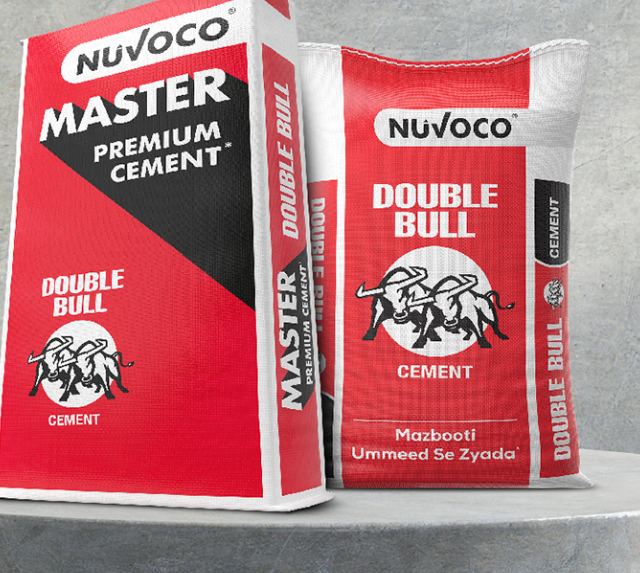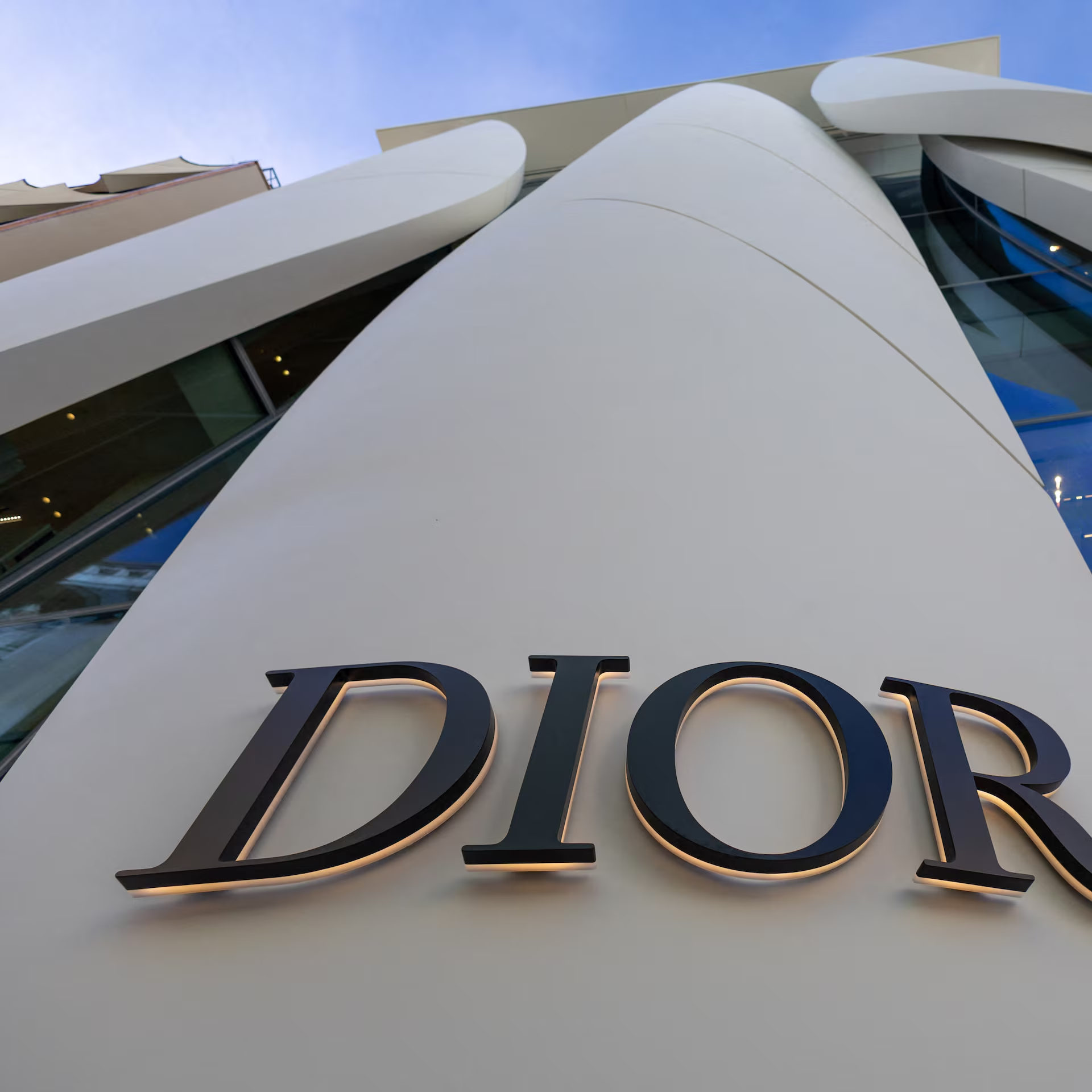Despite swirling speculation, Starbucks has confirmed that it is not currently pursuing a full sale of its China operations. This statement follows a report by Chinese financial outlet Caixin suggesting the Seattle-based coffee giant was exploring an exit — a report that lacked clear sourcing and ignited investor chatter.
However, sources close to the matter reveal a more nuanced reality: Starbucks has initiated a strategic review of its China business and engaged in early-stage conversations with over a dozen potential investors, ranging from private equity firms to strategic buyers.
Not a Full Exit — But Options Are on the Table
According to people familiar with the situation, Starbucks began a formal inquiry process in May, inviting interested parties to respond to detailed questionnaires. These covered everything from ESG practices and company culture to deal structure and operational strategy for the China business.
Crucially, no decision has been made yet on whether Starbucks would divest a minority or majority stake, or retain operational control over specific areas such as its supply chain. This signals a flexible approach, possibly reflecting the company’s intent to unlock value while retaining influence over a market that remains strategically important — despite slowing economic momentum.
Starbucks China: A Critical but Complex Market
Starbucks has invested heavily in building out its footprint in China — its second-largest market globally. In 2023, it opened the Coffee Innovation Park in Kunshan, a ¥1.5 billion (approx. $209 million USD) facility designed to localize roasting and supply operations for its China-based stores.
The company also operates its largest flagship location in Shanghai, reinforcing its branding and cultural positioning as a premium café experience in Asia.
That said, the Chinese consumer landscape has grown more competitive and price-sensitive in recent years, especially as local brands and regional chains such as Luckin Coffee have gained ground. Starbucks’ growth ambitions in the country now hinge not just on physical expansion, but on digital integration, localization, and cost efficiency.
Who’s in the Running?
More than 20 potential buyers are believed to have responded to Starbucks’ initial outreach. Global investment firms like KKR & Co., FountainVest Partners, and PAG are reportedly among those with an interest in acquiring a stake, according to earlier reporting from Reuters.
The company is now expected to narrow down the shortlist in the coming weeks, potentially paving the way for a transaction that reshapes its China strategy — without giving up the entire operation.
365247 Media Insight: Strategic Stake, Not Strategic Exit
This is not a fire sale — it’s a modern portfolio play. For global brands, the path to sustainable growth in China increasingly lies in strategic partnerships, minority stake sales, or joint ventures — moves that reduce operational burden while maintaining market presence and brand integrity.
In Starbucks’ case, a partial divestment could achieve multiple objectives:
- Attract local capital and partners with regional expertise
- Mitigate risk while maintaining brand control
- Reinforce investor confidence in its long-term China outlook
Expect this to become a case study in how global consumer giants balance growth, control, and market adaptability in a changing Asia-Pacific landscape.
Join the 365247 Community here.
IMAGE: Bloomberg


